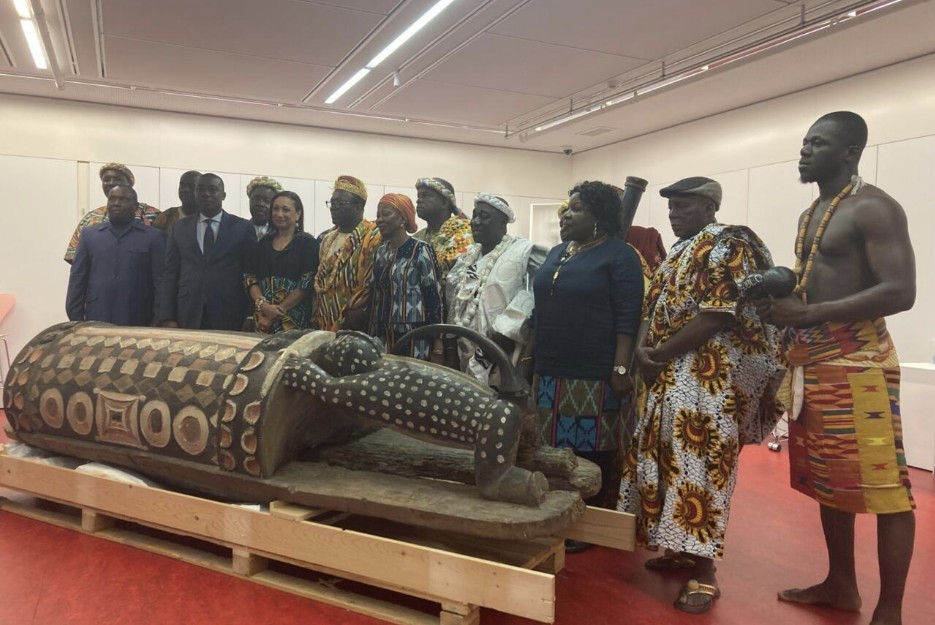Is Australia multicultural? Or racist?
- Andrena Kandiah
- Mar 22, 2021
- 3 min read
Australia is a multicultural country.
A quintessential, timeless, eternal statement, echoed by the generations of Australians that have come before us and most likely after us as well.
Around the world, Australia is known as a multicultural country, and our tourism industry capitalises on it- a simple Google search of the aforementioned statement will shed a positive light of how Australia welcomes in people of all nations, no questions asked. We are a multicultural country, society, people.
Yet the words feel like hollow shells, of a nation that once prided itself on their ethnically diverse growing population, reduced to the slanderous racial insults, that are said in the lightness of many a situation.
Perhaps some of it can be attributed to the character of Australian humour, that dry, sarcastic and offensive-but-not-really-offensive humour. The humour that provides itself as the glue in the characteristic ‘mateship’ that Australians class as their own.
But as Australia walks through the cyclical rhythm of time, Australian humour has grown to accommodate words and phrases that others outside of Australia might classify as insults. They’ve extended beyond words now, physical actions have been taken as well, and our government remains passive and stoic in the face of countries around the world condemning our so called ‘humour’.
In 2009, violence against young Indians, a core demographic that funds a decent amount of the Australian international education sector, seemed to grow unreasonably, resulting in investigations, assertively by the Indian government, passively by the Australian government, and protests in two ethnically diverse cities, Sydney and Melbourne.
Can we still classify ourselves a multicultural country? The Indian government might give us an empty look, staring right into the values that Australia chooses to own and not act on.
Despite the turbulent political activity between India and China, they soldier together in their perceptions of Australia’s apparent racism, with the Chinese government condemning the Australian government, particularly as COVID-19 gained traction, about the rise in racial insults towards those who are of Chinese descent. Posted publicly by the Chinese Ministry for Education, China effectively deterred students from studying in Australia, creating the first punch in the boxing match that can be personified as 2020 to present China-Australian relations.
Can we still classify ourselves a multicultural country?
Sure, Australia can brush these insults off its back, if it has the support of the Australian society, nothing else matters. We ARE a multicultural country, society, people.
Yet, cracks are beginning to show in the apparent stoic support of the Australian people, where we use our right to freedom of speech, to subtly criticise that we are not what our tourism industry continually markets us to be.
A 2018 survey conducted by SBS and Western Sydney University highlighted that 36.4% of 6000 respondents believed that the number of immigrants accepted into Australia was too high and a further 48.6% believed people from ethnic and cultural minorities should behave more like mainstream Australians.
Combining these staggering statistics with the perceptions of both India and China and perhaps many more countries, Australia should begin an introspective process of its character and perceptions. Australian humour can no longer stand as the typical excuse when events such as the 2009 protests and practical ban of international students to Australia are real, contemporary and effective. We can no longer call ourselves a multicultural country, if a clear percentage of people believe that being Australian doesn’t mean to hold minor ethnicities and cultures in high regard. We can no longer pride ourselves internationally as a multicultural country, society and people.
The character of Australia must change for the perceptions of Australia to change.





Comments